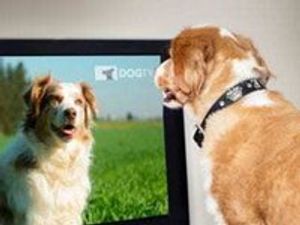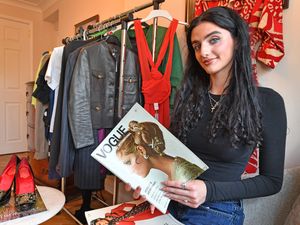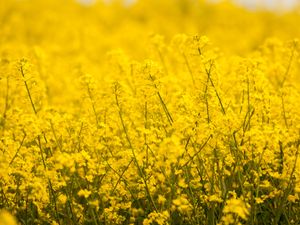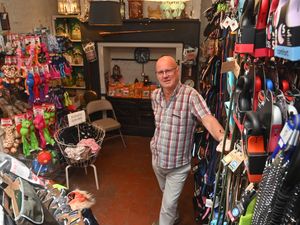Mark Andrews: It's enough to send you barking mad
Dogs are ace. It's official. I've never really understood people who don't love dogs, it's as if they have something missing from their soul. Dogs take so little from us, just a tin of dog food, a bowl of water, and the odd biscuit-based treat, and give us so much back in return.

When I walk over the common on a Sunday afternoon, I'm never happier than when a red setter or labrador is jumping up me, wagging its tail furiously. Usually followed by an embarrassed owner frantically apologising.
"It's all right, I love dogs," I will insist, but the owners never seem convinced.
Sadly the constraints of full-time work mean it's not possible for me to have a dog, but if one day in the dim-and-distant future I should eventually find myself retired and at home all day, getting a dog will be right at the top of my to-do list.
I've only ever had one dog. I was 10 years old, and had been pestering my parents for ages. But when I finally got a little labrador puppy called Honey, I could never have imagined the emotions I would feel. Having a dog changed my whole perspective on life. Suddenly, this small animal was the most important thing in my world.
Which is why I'm delighted to read that a new 24-hour television station for dogs goes on air next week.
DogTV is set to launch in the UK on Monday. Created after three years of research, the channel will air scientifically tested programming aiming to alleviate symptoms of conditions such as separation anxiety, loneliness and stress, says a spokesman for the station.
Or "Woof, woof, grrrr grrrr, woof," in the words of its main primetime presenter.
The channel has been developed following studies into animals' physiological and psychological needs, moods and responses, to help them feel more stimulated or relaxed when needed, say producers.
"Colours, audio frequencies and camera alignment have all been adapted to cater to dog senses," a statement adds.
The station even has its own chief scientist, Prof Nicholas Dodman, who says: "DogTV is an excellent resource for dog owners to help alleviate some of the behavioural problems that can arise when dogs are left alone."
Well it sure sounds an improvement on Barbara Woodhouse barking "Sitttt!" at them all night long.
I'm sure this new channel will come as great relief to the canine community, a group that has never properly been represented on mainstream television. Lassie Come Home, The Littlest Hobo, all these programmes display outdated stereotypical portrayals of dogs. And when did you ever see a dog in The Bill, unless it was biting someone?
The problem is, too many dogs have been forced to endure low-quality programmes aimed entirely at the human race.
Imagine, for example, what Saturday night television must look like to the average border collie, a creature significantly more intelligent than the type of viewer that most of these programmes are aimed at.
"There's this programme where a strange, orange animal with shiny black fur sits in front of a desk asking other animals to howl for him," says Nero. "He tells some of them, who look a bit pleased with themselves, that they 'really own the stage', and 'have made that howl their own'. Other dogs bark back at him when he says he doesn't think they howl very well."
"I know," replies Rover. "And then the following year, when everybody is starting to forget about them, the same animals go on another programme, where they run around the stage chasing their tails, and a nasty little animal with a funny yap makes cruel remarks about them having two left paws."
"I've seen that too," adds Nero. "And then the following year, when nobody can remember who they are, they go into a camp in the jungle, and eat kangaroo testicles until there's only one of them left. And then, when, it gets really desperate, some of them will try ice skating."
Rover shakes his head pitifully: "They must really live a human's life, having to watch that."





